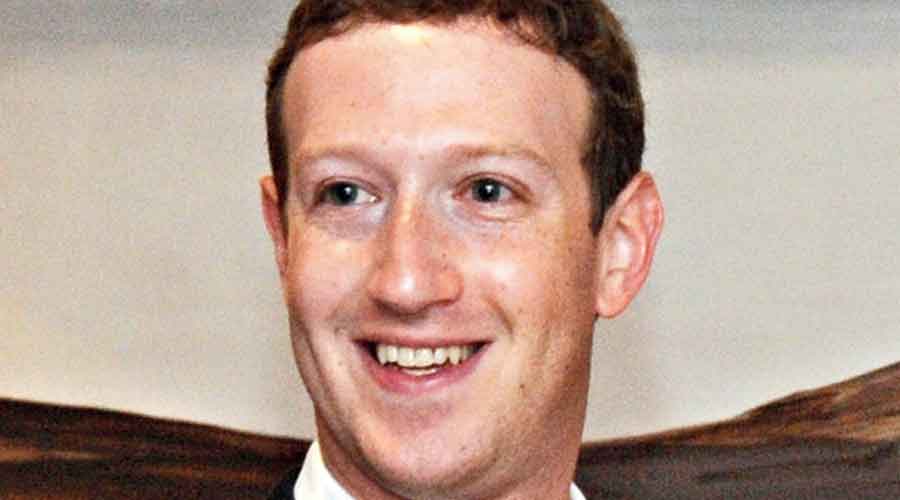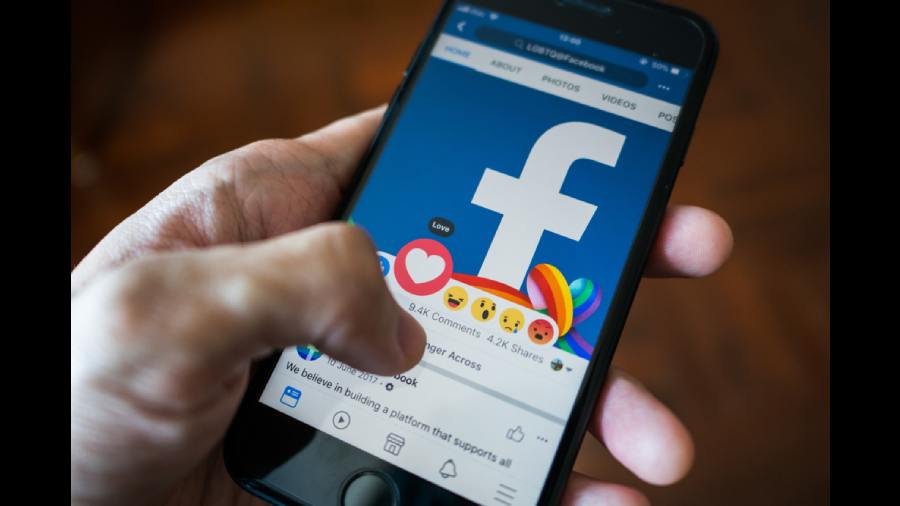Activists and whistleblowers urged Facebook at a webinar on Wednesday night to release a human rights audit of its work in India that it has allegedly withheld for more than six months.
The demand comes in the light of leaked documents that suggest that Facebook’s social media platforms have been used to promote hatred and have allowed authoritarian regimes to manipulate political discourse.
The Washington Post has reported that Meta — Facebook’s holding company — had hired the law firm Foley Hoag in 2020 to independently audit its impact in India, its largest market.
A civil rights group had told the US newspaper that this had been submitted to the company in the middle of last year. The Wall Street Journal has reported that Meta has curtailed the scope of the draft report and is delaying its release.
Over 20 human rights groups have called for the company to release the audit report.
Speaking at Wednesday’s online briefing held by the Real Facebook Oversight Board and India Civil Watch International, whistleblower Sophie Zhang — a former data scientist at Facebook — recounted her earlier revelations that “politicised decision-making (by Facebook) was most severe and largest in India”.
Zhang said: “When I called fake accounts manipulating politics in India, Facebook agreed to take them down as violations of their community standards up until we discovered that the accounts were personally run by a sitting BJP MP. As soon as the discovery took place, I remember radio silence and the company refused to act.” She did not identify the MP.
“Facebook knew all along that the BJP was violating their community standards. They knew that this was going on in India and they refused to act…. Facebook has refused to release the HRA (human rights assessment)…. To me this is unsurprising given their past track record in India,” Zhang said.
Frances Haugen, another former data scientist with the company who had last year leaked to the US stock exchange regulator documents that showed Facebook’s failure to regulate hate content, explained: “Up until my disclosures, every time activists raised concerns Facebook was able to say that that is anecdotal evidence, that is not what is happening on the platform — because no one could see inside the company.”
Haugen added: “We must push for mandatory transparency because, as Facebook has demonstrated, when they have voluntary transparency and they find results that they don’t like, they stonewall, they delay, they make sure that no one ever sees those results.”
She went on: “Facebook is not cooperating because they know that what is in this report is bad. We have already seen a huge amount of reporting of Facebook’s consistent awareness and negligence with regard to India, and we need to demand a higher level of care and responsibility from Facebook with regard to how it treats its Indian users.”
In response to queries from The Telegraph, Meta’s director of human rights policy, Miranda Sissons, said in an email: “Given the complexity of this work, we want these assessments to be thorough. We will report annually on how we’re addressing human rights impacts, in line with our Human Rights Policy.”
Teesta Setalvad, of Indian civil rights group Citizens for Justice and Peace, said at the webinar: “What happens now if Facebook does not act?... Under the circumstances (of growing bigotry and weakening of democratic institutions), the formidable Facebook clientele that has crossed 463 million (in India), plus the millions of WhatsApp and Instagram users — platforms also owned by Facebook and also a source of spreading hate — multiplies manifold this deleterious social impact.”
Zafarul Islam Khan, a former Delhi Minorities Commission chairman credited with an investigation that accused BJP leaders of orchestrating the 2020 Delhi riots, said: “Social media platforms, particularly FB, share a lot of responsibility in making hate normal, popular and accessible everywhere in the country. I fear an attempt to unleash genocide may take place any time before the general election in 2024, and social media platforms will be heavily used for this crime.”
Genocide Watch president Gregory Stanton, who predicted the Rwandan genocide half a decade before it happened, expressed the same fear about India on Wednesday.











